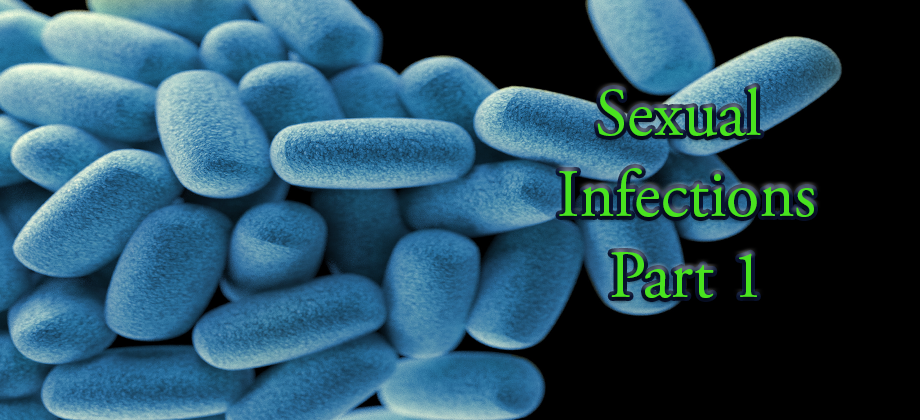Last Updated on July 23, 2024 by Lexi Kisses
3 Common STDs and Their Symptoms
Sexual Infections Part 1

STDs/STIs are more common than people would like to admit. The CDC states that in 2018, just in America alone, 1 in 5 people had an STI that translates to roughly 20% of the United States population. If that wasn’t enough to convince you of the staggering numbers, some data suggest over half of the US population will contract an STI in their lifetime. With numbers like those, it’s more important than ever to learn about STDs and their symptoms as well as how to prevent them. In this article, I’ll be covering 3 types of STDs/STIs, but this is only part 1 because there are over 20 STIs/STDs out there!
The Human Papillomavirus (HPV)
What Is It & How Do You Get It?
The Human Papillomavirus (HPV) is a group of non-enveloped viruses that infect human epithelial cells, which are the cells that line all of the surfaces of our body, including but not limited to our organs, skin, and the urinary tract. Most types of HPV go away on their own, but the ones that stick around and successfully infect a person can cause health issues such as cancer and genital warts. How do you get it? Well, the virus mostly transfers through sexual contact, which is why it is categorized as an STI, though you can also contract it from non-sexual skin to skin contact.
What Are the Signs & Symptoms?
Many people contract HPV and never realize it because their body shows no signs or symptoms. In these cases, the body will either get rid of the virus on its own without you knowing, or it will progress, and symptoms will start showing up. Unfortunately, when indicators do show up, it has already progressed into a serious health issue such as warts or cancer.
How to Protect Yourself from HPV
Prevention
The best course of action is always prevention when it comes to STDs or STIs, and it may be one of the safest and most viable options when dealing with HPV. There are a few ways to prevent HPV; one of the simplest ways is making sure you use condoms and dental dams every time you have sex; the second preventive method is getting the HPV vaccine, which protects against the more dangerous strains of HPV.
Treatment
There is no cure for HPV, but there are treatments for the symptoms that arise from developed HPV.




One comment on “3 Common STDs and Their Symptoms”